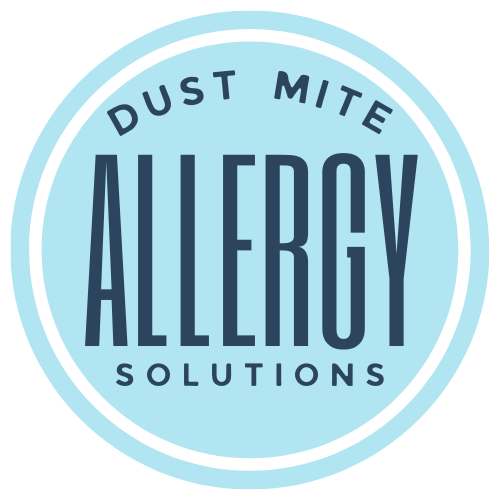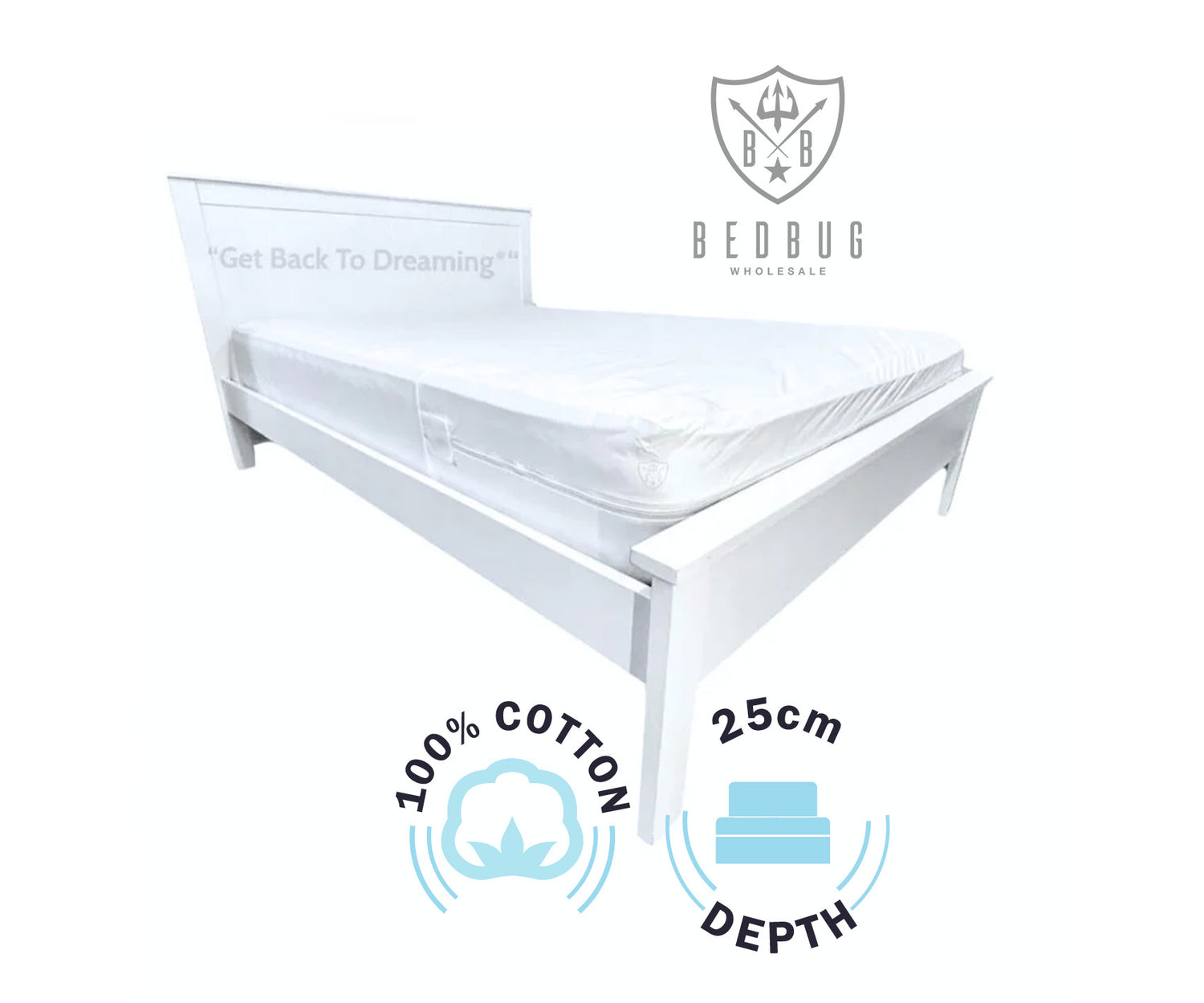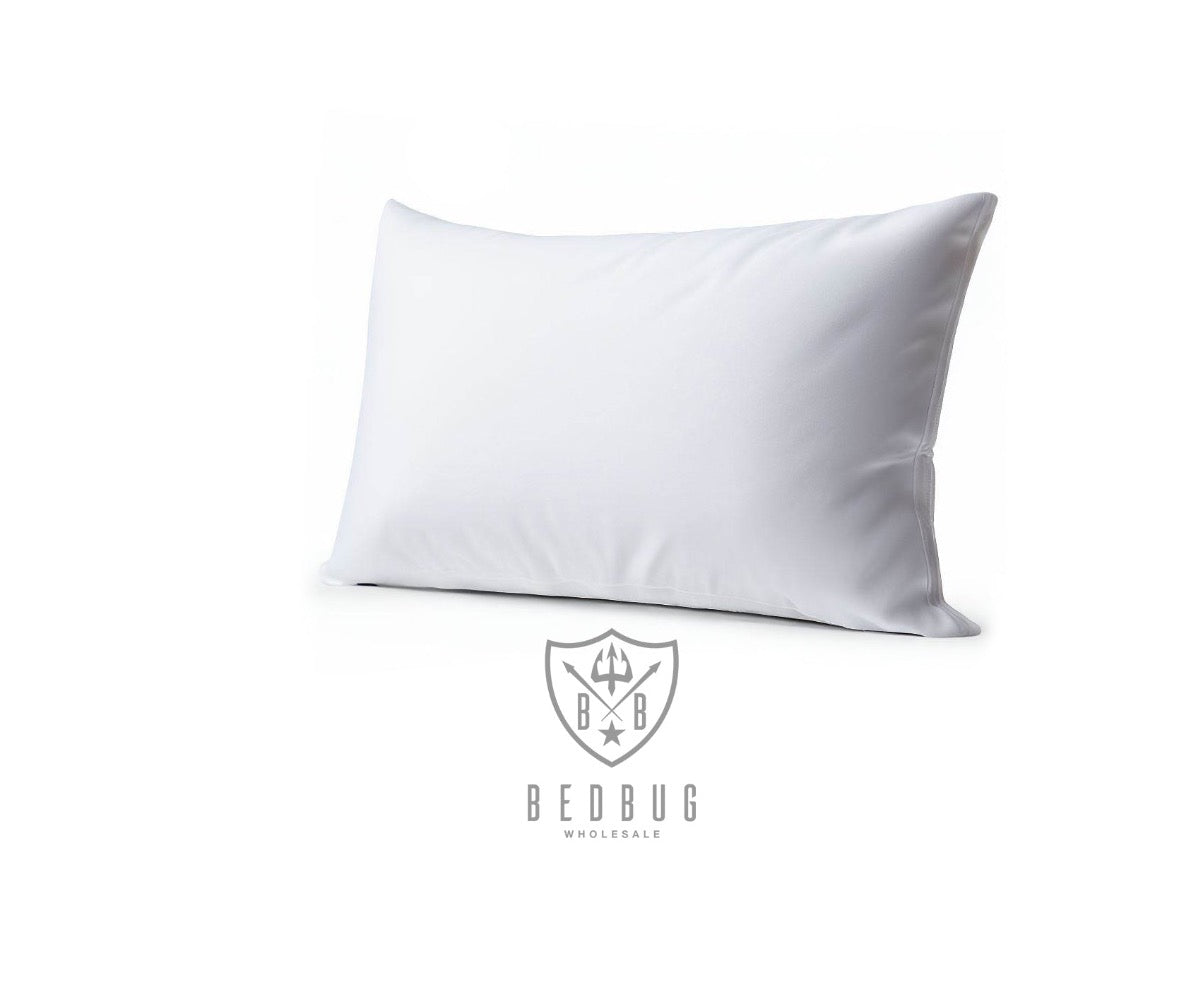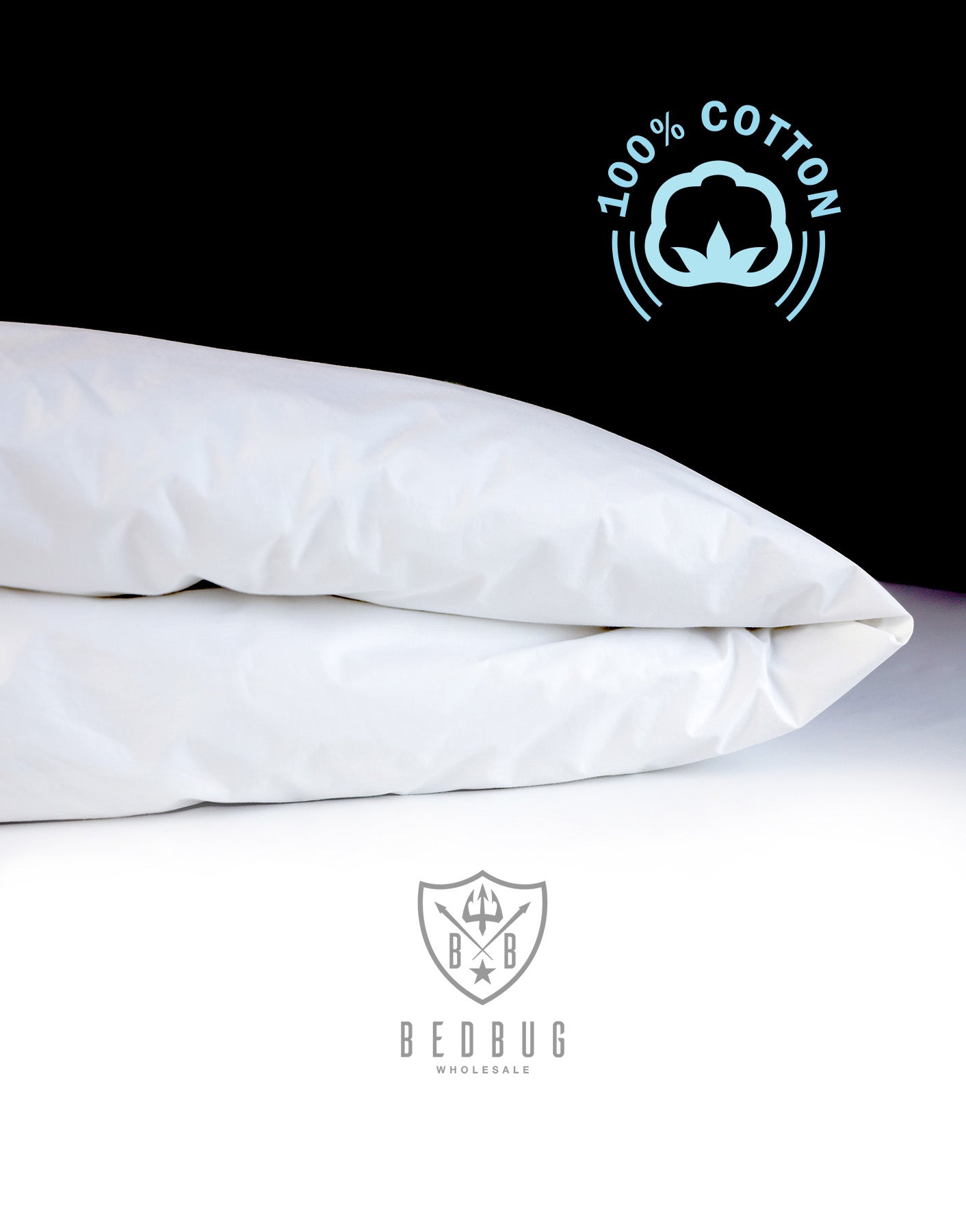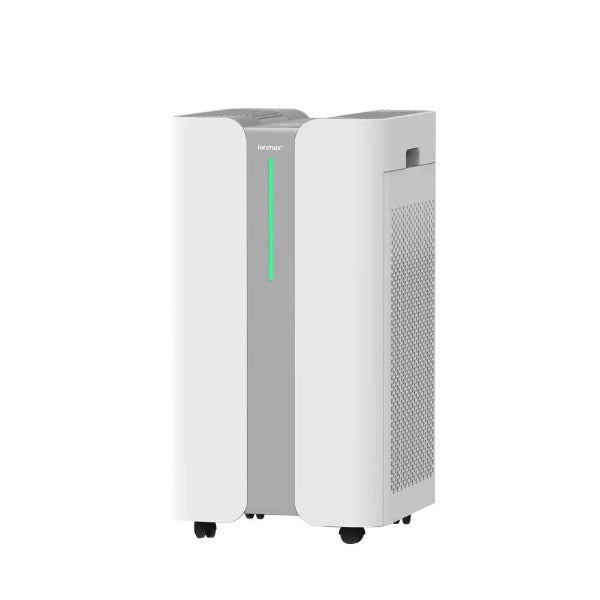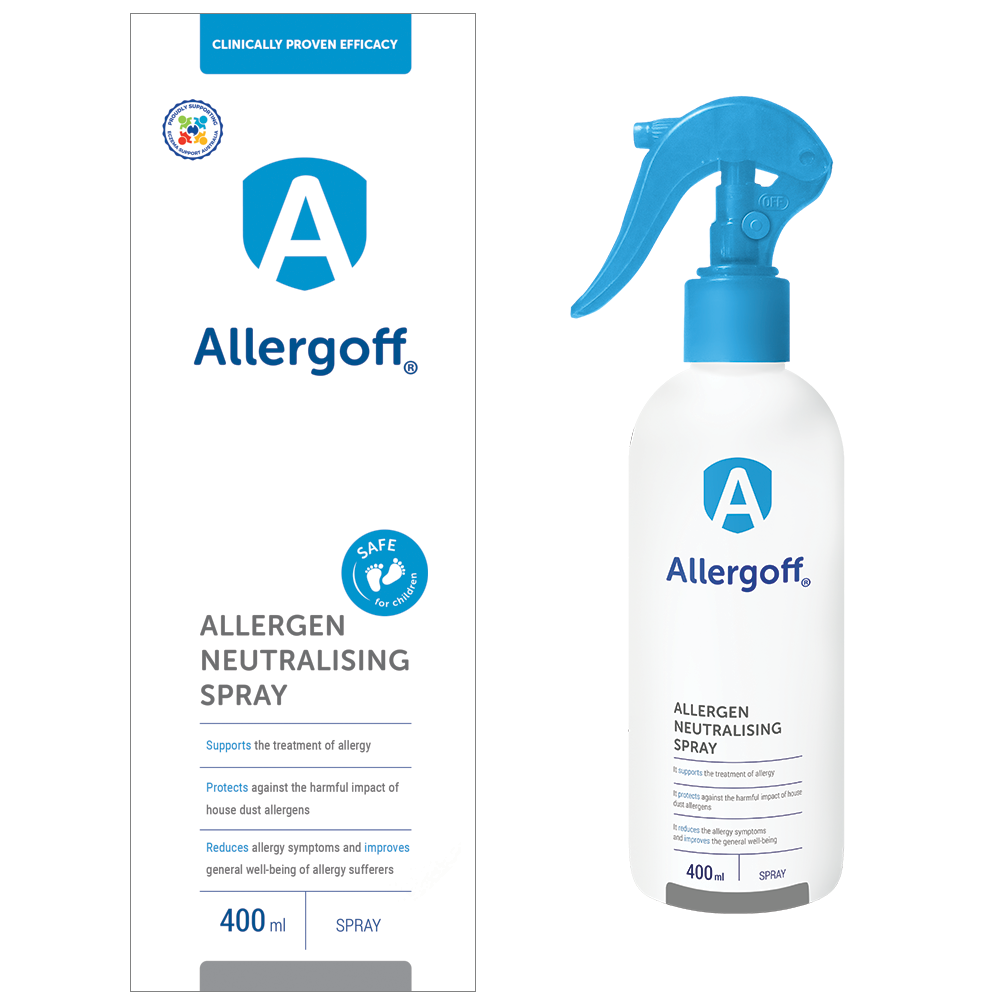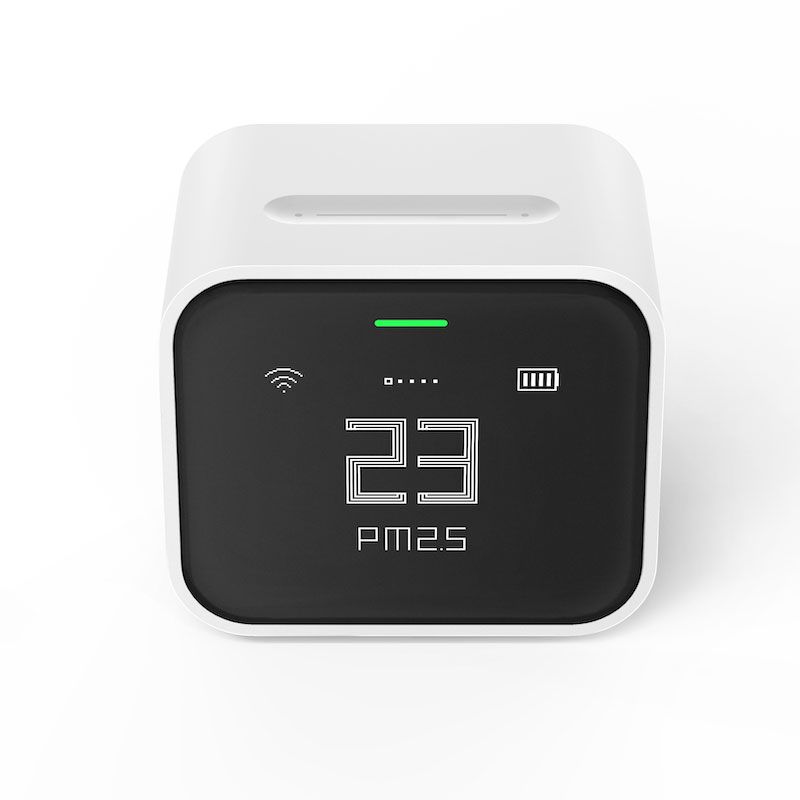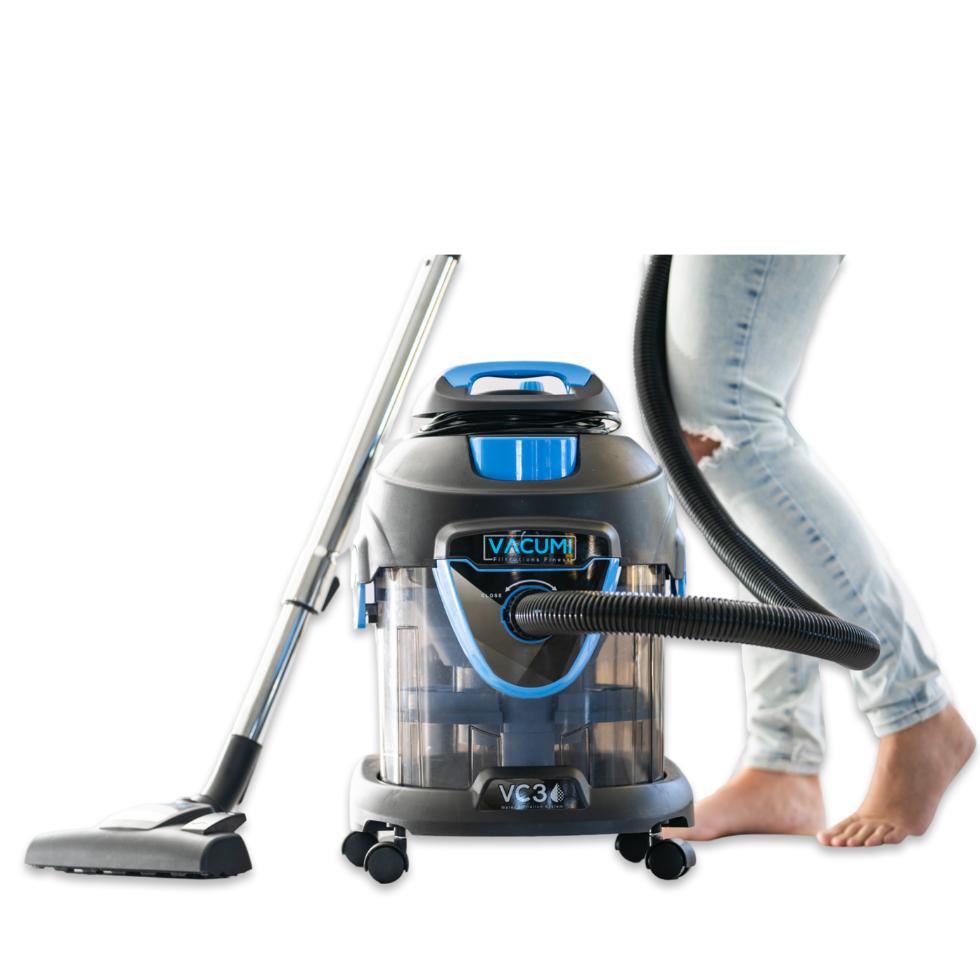Can dogs be allergic to dust mites?
Dust mite allergies are a common type of environmental allergy in dogs, similar to humans. These microscopic creatures thrive in household environments, particularly in bedding, carpets, and upholstery, where they feed on dead skin cells. When dogs with dust mite allergies come into contact with dust mite allergens, their immune system reacts by releasing histamines, leading to allergic symptoms.
Signs of dust mite allergy in dogs
If you've noticed that your dog is excessively scratching and itching, exhibits irritated and inflamed skin, hair loss due to itching, repeated ear infections, respiratory issues like coughing or wheezing, as well as gastrointestinal disturbances, it could be due to dust mite allergies.
It's important to note that these symptoms can also be indicative of other allergies or underlying health conditions, so it's crucial to consult with a veterinarian for an accurate diagnosis.
How do I know if my dog is allergic to dust mites?
If you suspect that your dog may be allergic to dust mites, it's important to consult with a veterinarian for a proper diagnosis. A veterinarian can perform various tests and examinations to determine if your dog is indeed allergic to dust mites.
Can dust mites live in dog fur?
Dust mites typically do not live directly on a dog's fur. They are primarily found in the environment, particularly in areas where dust and debris accumulate, such as bedding, carpets, and upholstery. Dust mites feed on dead skin cells shed by humans and animals, including dogs.
However, it's important to note that dog fur can potentially carry dust mite allergens. These allergens, such as dust mite feces and shed skin particles, can become trapped in a dog's fur when they come into contact with dust mite-infested areas. When dogs move or scratch, these allergens can be released into the air and may cause allergic reactions in sensitive individuals.
Regular grooming and bathing of dogs can help remove allergens from their fur, reducing the risk of exposure to dust mite allergens. Additionally, keeping the dog's environment clean, minimizing dust and dust mites in the household, and implementing allergen control measures can further help reduce the risk of allergic reactions associated with dust mites.
How to manage dust mite allergies in dogs
Managing dust mite allergies in dogs involves a combination of strategies to reduce exposure to dust mites and alleviate allergic symptoms. Visit our store for a range of products to combat dust mites if your beloved pet.
Allergen Control:
- Regularly clean your home, including vacuuming or steaming carpets, rugs, and upholstery using a vacuum cleaner with a HEPA filter.
- Wash your dog's bedding frequently in hot water to kill dust mites.
- Consider using dust mite-proof covers for your dog's bed to create a barrier between your pet and allergens.
- Minimize the use of carpets and opt for easy-to-clean flooring surfaces.
- Dust and wipe surfaces regularly with a damp cloth to prevent dust accumulation.
Bathing and Grooming:
- Regularly bathe your dog using a hypoallergenic shampoo. This helps remove allergens from their skin and coat.
- Brush your dog's coat regularly to remove loose hair and dander.
Medications and Treatments:
- Consult with a veterinarian who may prescribe antihistamines or corticosteroids to help manage allergic symptoms in your dog.
- Topical treatments like medicated shampoos, sprays, or creams may help soothe irritated skin.
Diet and Supplements:
- Some veterinarians may suggest dietary changes or supplements to support your dog's immune system and promote skin health. Consult with your veterinarian for appropriate dietary recommendations.
Regular Veterinary Check-ups:
- Schedule regular visits to your veterinarian to monitor your dog's condition and adjust the treatment plan as needed.
It's important to remember that the specific approach for managing dust mite allergies in dogs may vary depending on the severity of the allergy and your dog's individual needs. Working closely with a veterinarian is crucial to develop an effective treatment plan for your furry friend.
